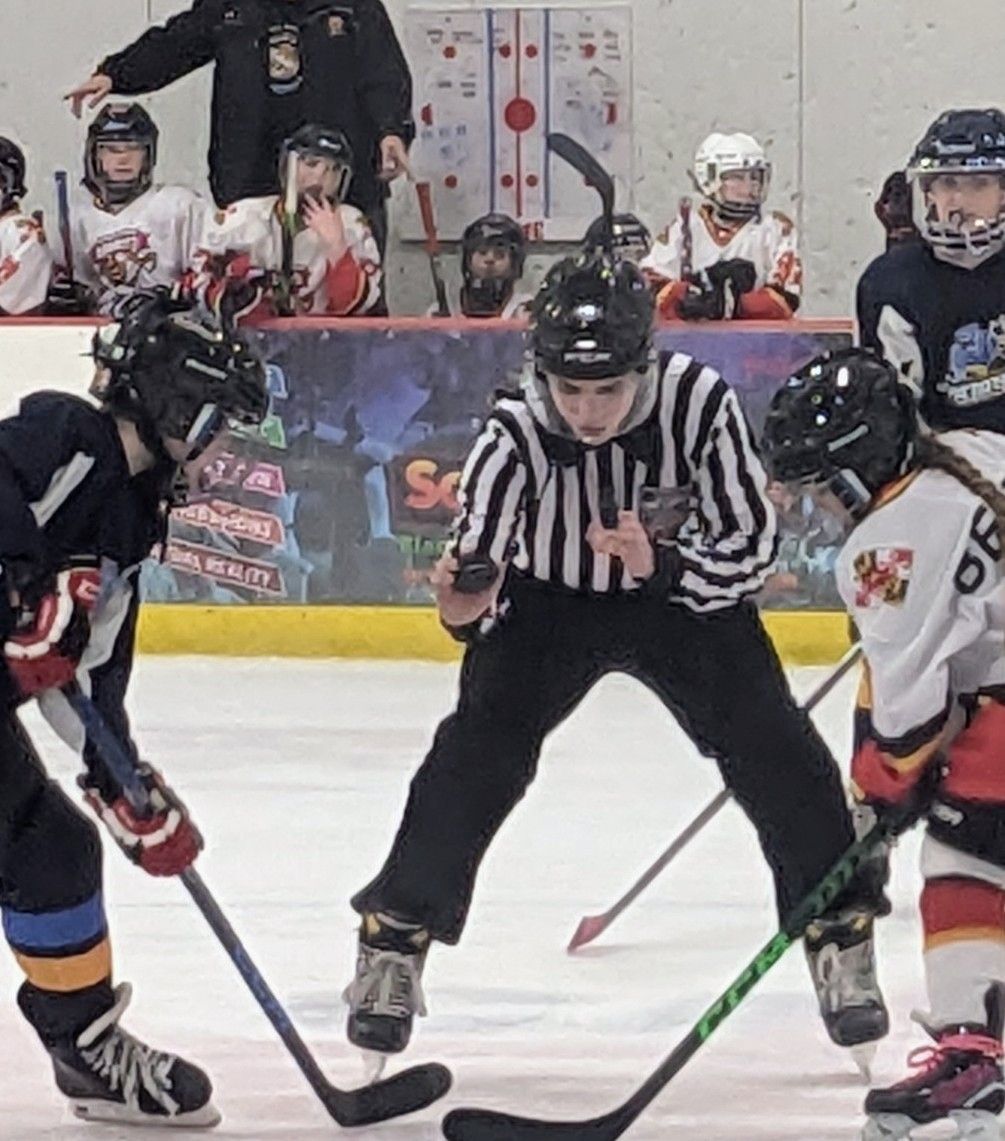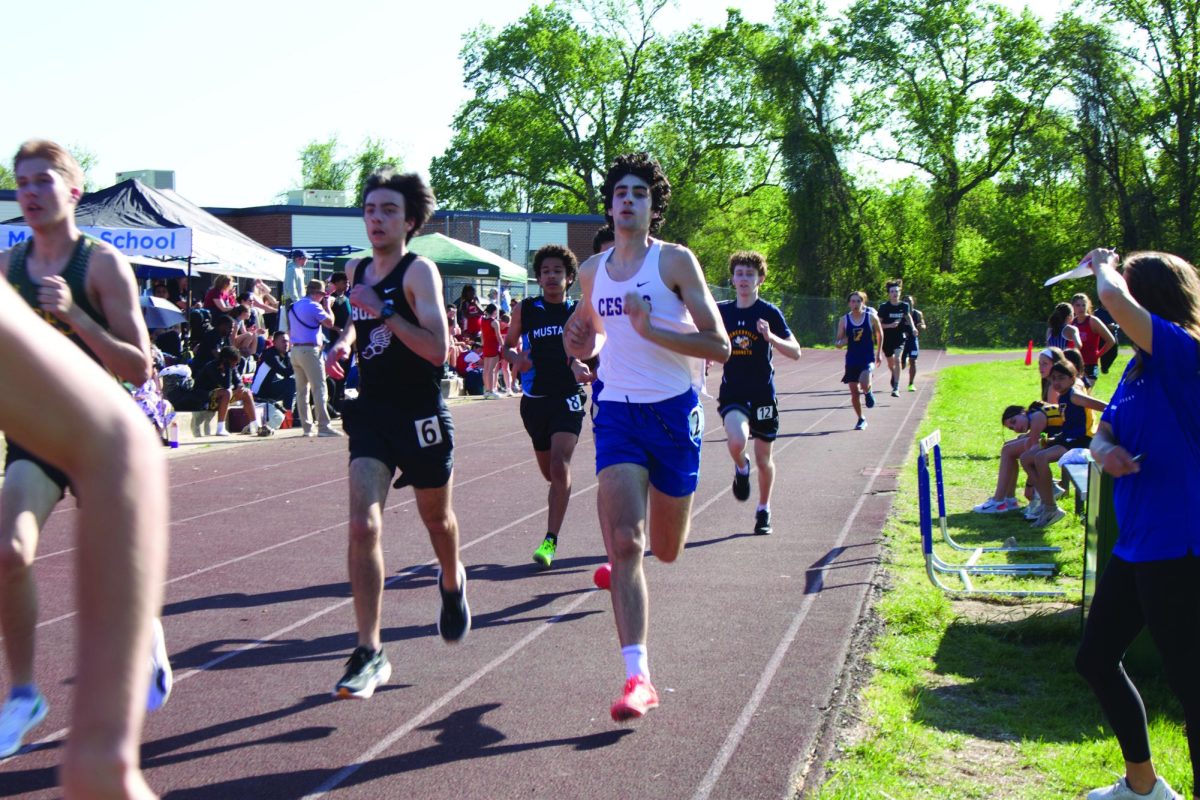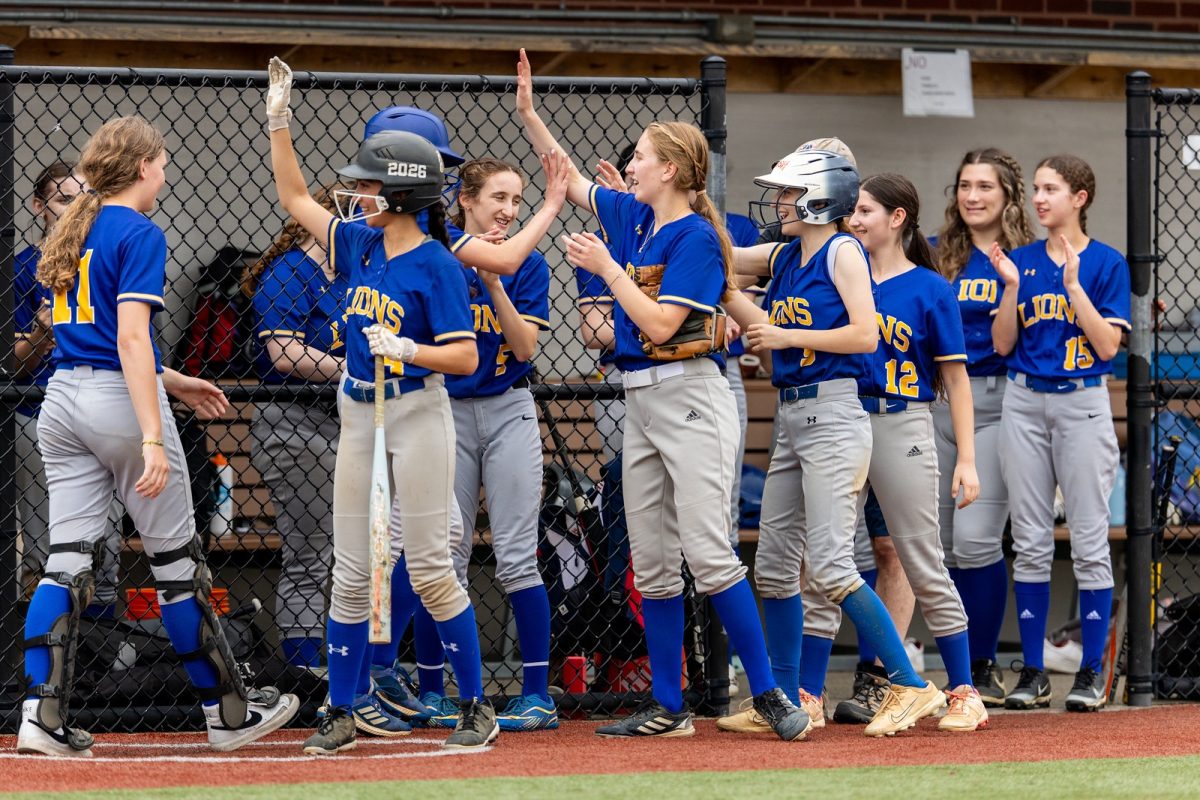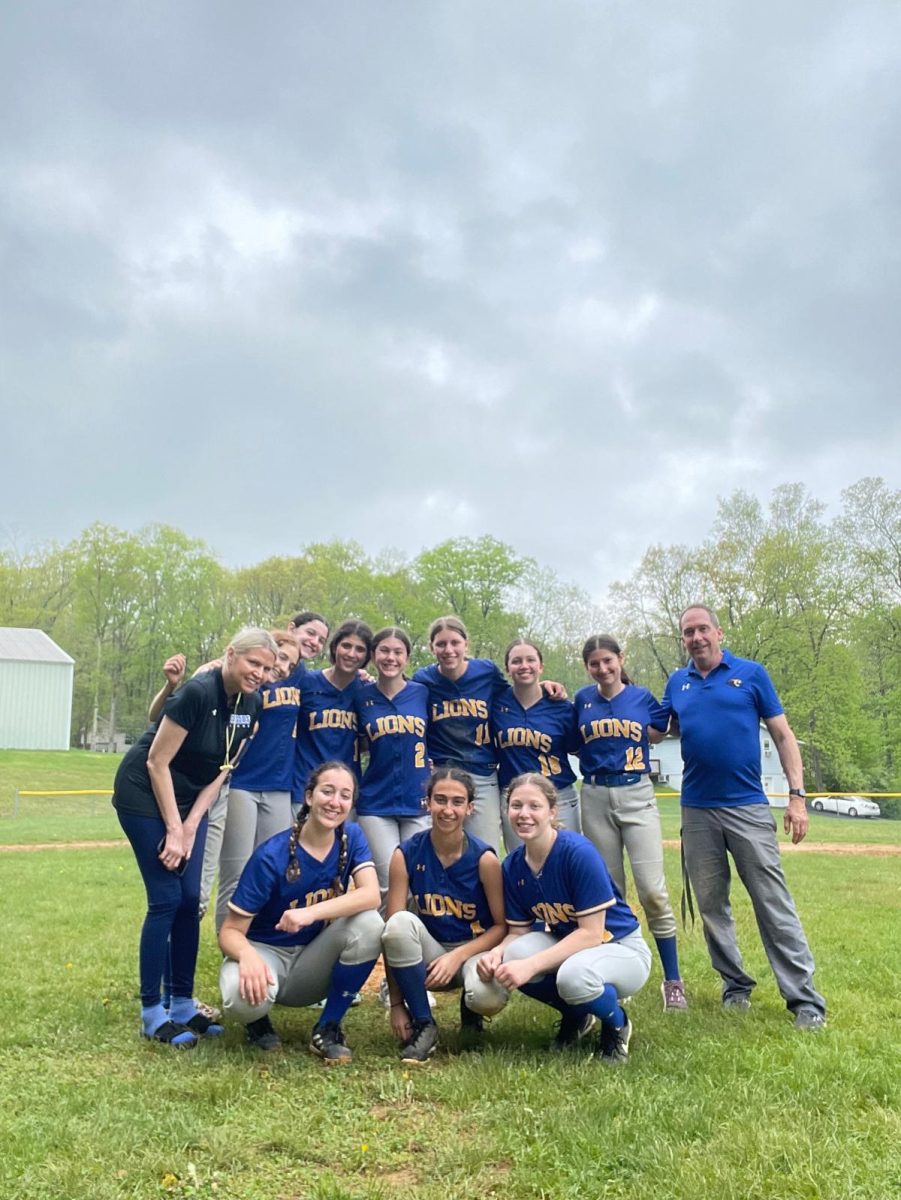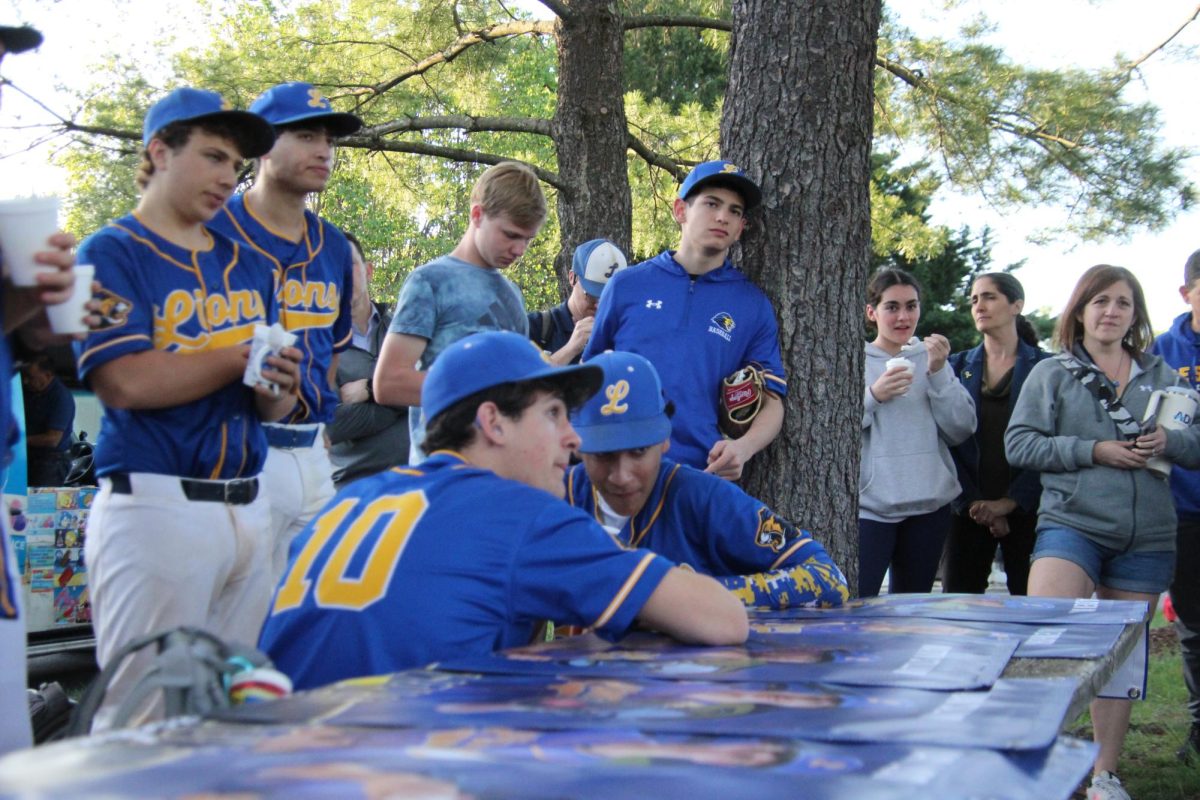For some teenagers, just playing their favorite sport isn’t enough. Many find themselves wanting to deepen their connection to the sport and give back to an activity that has given them so much. Many students, in and outside of CESJDS, have translated their passion into becoming a referee for their sport.
Even though high school student referees have to focus on their academic studies and referee games on weekends, their journeys from being players to referees highlight their love for their sports, whether it be hockey, baseball, or other sports.
Junior and baseball umpire Shalvah Lazarus got involved with umpiring because of her younger brother, who plays in Little League Baseball. The league is slightly understaffed so Lazarus was offered a position as an umpire.
“I graduated from my Little League team two years ago, and I’m really nostalgic for playing Little League so it was really nice to go back and give back to that community,” Lazarus said.
Lazarus prefers to umpire intermediate-level teams because she thinks they have the perfect balance of game speed and experience. That way, Lazarus can not only give back to a community that has given her so much but also have fun watching her favorite sport.
For sophomore and hockey referee Ari Solomon, his job officiating hockey games sprung from a desire to earn money while doing something he loves.
To become a hockey referee, Solomon had to take a beginner course and take an open book test. Solomon passed the test in Dec. 2022 and became a level-one hockey referee.
“I think 12 under and like older age groups are more interesting and for that reason, I’d rather ref an older age but I can’t ref anything over 12 and under because I’m only level-one,” Solomon said.
For sophomore and fencing referee Jonathan Gordon, his fascination and interest originated from his time at the DC Fencers Club in Silver Spring. At the club, when the fencers are not dueling, they are helping to referee other bouts, a match between two fencers in a competition.
“I became a referee because I’ve always been drawn to the intricate decision-making involved in refereeing,” Gordon said. “With fencing the refereeing is very interesting, it’s not like in a normal sport. You’re not just making sure the players do what’s in order, but you’re also the one who calls the points.”
Despite their diverse backgrounds and sporting preferences, these young officials share common challenges and triumphs in their officiating. They all have to manage disputes with players and coaches to maintain confidence in their decisions, even if it is not the crowd favorite.
“A lot of times people will argue with you about who they give the point to and you really have to stick up for yourself,” Gordon said.
All three students emphasized the importance of officiating with confidence. They believe it’s crucial to assert yourself and advocate for what is right, even in the face of disagreement, as doubts from coaches and players can arise otherwise.
“Being on the other side of the looking glass…It helps me a lot.” Gordon said, “ It helped me become a better fencer but it also helped me advocate for myself, so I knew what to do better.”

